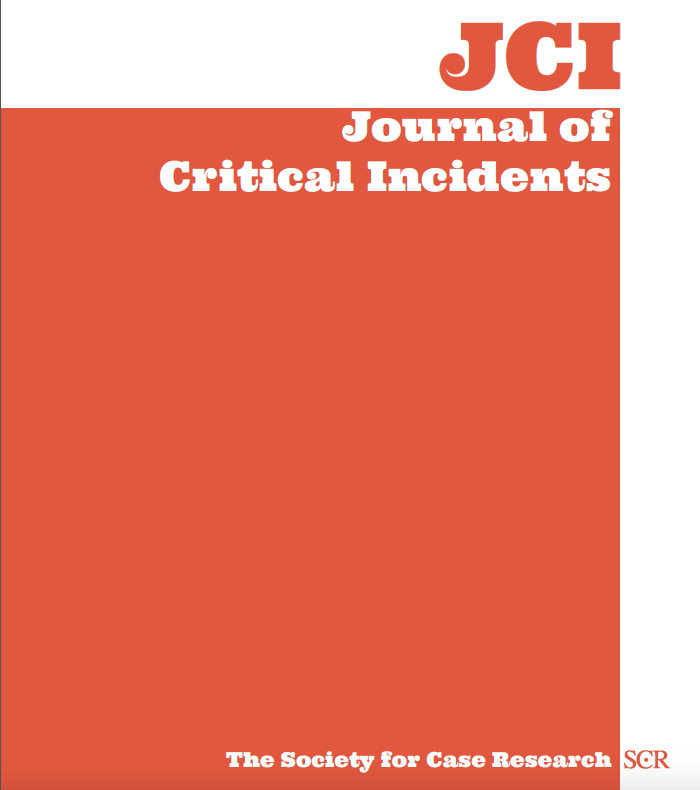Skimming the Pool

This critical incident explores the importance of implementing a strong internal control system. It centers on the former deputy director of the Hilliard Recreation and Parks Department, Heather Ernst, who was indicted on eight felony counts including theft in office; tampering with records; and filing incomplete, false and fraudulent tax returns. According to the investigation, from May 2013 to the fall of 2017, $541,331 was unaccounted for in pool admission fees collected at the Ohio city’s two pools. In addition, records indicated more than $270,000 was deposited into Ernst’s personal bank account over that same period, none of which was reported on her tax returns. How could this misuse of public funds have been avoided? What internal controls need to be implemented to prevent it in the future?
This critical incident offers an opportunity for students to move beyond the basics of the Committee of Sponsoring Organizations of the Treadway Commission (COSO) framework and to identify failures and assess the effectiveness of internal controls within an organization. The case is appropriate for use in undergraduate courses in financial accounting or auditing. To aid students who may not be familiar with COSO or internal control activities, additional pedagogical material is included at the end of this teaching note.
- Identify the three elements of fraud in a potential theft situation
- Discuss how use of the Committee of Sponsoring Organizations of the Treadway Commission (COSO) framework supports fraud prevention and detection
- Analyze failures in an organization’s internal control system
- Recommend the implementation of specific control activities to safeguard cash
